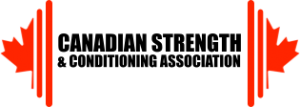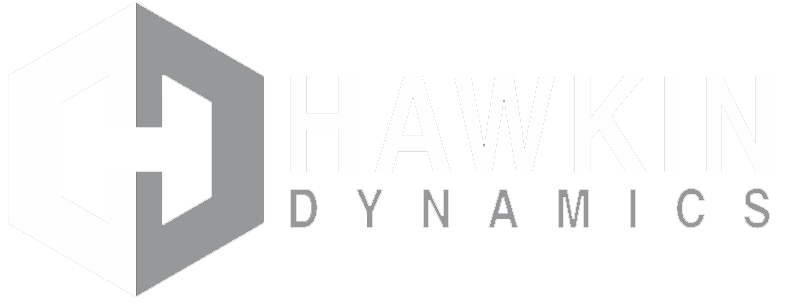From Calgary to Toronto to LA
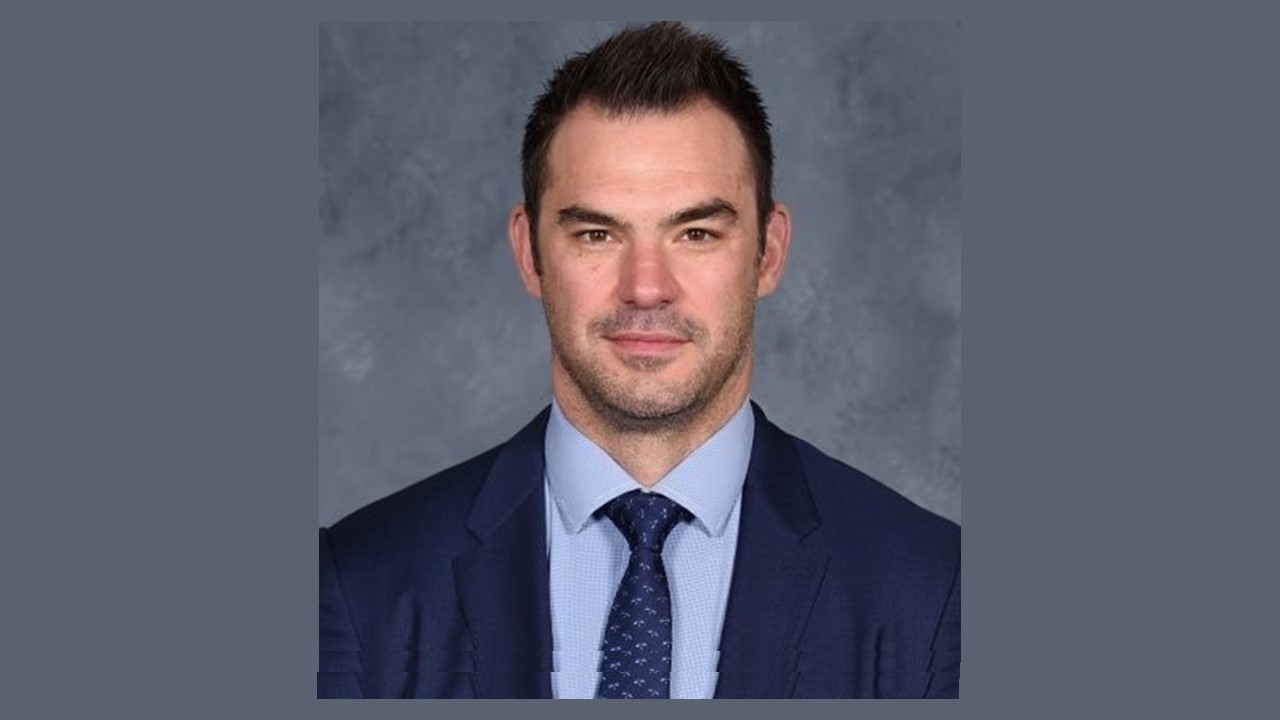
Head S&C Coach for the Los Angeles Kings shares his wisdom about working in the NHL
CSCA – How did you get your first job working in pro sport?
I’m currently in my first pro sport team position. I worked in the private sector training elite athletes after my undergraduate degree, and then after completing my master’s degree in 2007, I began working with our National Olympic athletes for the next 7 years. I was able to get an interview with the LA Kings through my colleague Ryan van Asten, who was leaving the role I was seeking for the Calgary Flames, and my extensive professional network aided in my references.
I didn’t start working in Pro-sport until I was 36 years old. At that point I was ready from a skillset standpoint, but also my network was wide and deep enough to get my name on the desk of the right people.
CSCA – What skills do you need to be successful in this area?
In Canada, our S&C is very physiology/science-heavy and light in the areas of social and coaching skills, in my opinion. There are a lot of resumes out there that have more certifications and qualifications than you can shake a stick at, but at the end of the day, very few athletes care about where you went to school or what certifications you have. Coaching, relationship building, communication, organization, trust, and empathy will get you and your vision a long way when working in the Pro-sport environment. Your education is a pre-requisite, not a game-changer.
At least in my working environment, but common in most pro sports, players have a significant amount of power concerning the daily training and game environment due to the CBA (collective bargaining agreements as structured by the players’ union). Our job as the S&C or Performance Coach is to convince the athletes that our ideas not only make sense but would be advisable for them to try them out. Educating, empowering, and create a more autonomous student of the game is a critical skill of the pro sports strength coach.
CSCA – What are 1-2 of the differences between roles in this area compared to previous S&C jobs you have had?
The biggest difference between the athletes I worked within my last team job (Canadian Alpine Ski Team) and my current group of athletes (LA Kings Hockey Team) is income and working rules. This might seem obvious, but it impacts what you can do over a training cycle, your long-term development plan, and the motivation of some athletes. Having to race for your next paycheck is a lot different than an 8-year guaranteed multimillion-dollar athlete. I can say; however, that pro hockey players are awesome to work with.
The NHL athlete has evolved immensely over the last decade and we now inherit incredibly well-prepared young players with solid educational backgrounds in key areas of sleep, nutrition, and training, not to mention the sky-high skill sets they are bringing to the table.
CSCA – How do you upskill your knowledge and network as an S&C coach?
This can be a super challenging area when working in pro sports. Often the competitive environment and hectic schedule can isolate you from a lot of outside interaction and ability to travel to conferences, etc. Fortunately, the status that comes with being a professional S&C coach also opens a lot of doors and connections that are harder to establish sitting in another seat.
The key for me is to continue to scan journals monthly to stay current with the literature, and maybe a little ashamed to admit, I use Twitter a lot to follow the people I trust and respect, to see what they are talking about. In my fast-paced world, I find this a bit of a cheat to fast track to certain topics or resources that might otherwise take me too much time to track down from scratch.
Finally, I’ve tried over the last few years to do more speaking at conferences. I’m finally at the point in my career where I think I have some useful experience and philosophies that others might benefit from hearing about, as well, it’s an incredibly effective way to challenge your systems when you have to verbally articulate your thoughts and have others critically review your presentations. This might be the most impactful learning experience for me right now.
CSCA – What advice do you give individuals just entering the field who desire to work in the same area as you?
While it might not be everyone, it must be a very high percentage of young S&C coaches who aspire to work in pro sports or with pro athletes. And we all know the knocks on millennials and Gen Z folks, patience isn’t a strong suit.
I don’t have a magic bullet to help anyone get where they want faster, and the reality is, for a job like mine, there are only 31 positions in the world. So, on top of a sparkling resume and vast experience, the chances of landing a pro job are still super rare. All you can do is put yourself in a position to succeed. While hard work is a little bit of a vague pointer, it is non-negotiable at the pro level. If you can’t work and put in the time, you won’t survive. But to get here, you need to spend time working with a variety of athletes at different levels from different sports.
I think spending time personal training can help your coaching. I think facility management and design are critical experiences as well. Finally, be a good person. Most pro sports teams will have an unwritten rule of “No Jerks Allowed”. You’re a part of a team before you’re an S&C coach. The team or the players are trying to win, not be the best in the gym. Jerks cause friction and conflict and winning is too damn hard, so teams won’t tolerate it. Be a good person, put good mojo into the world, and the profession will take care of you!
